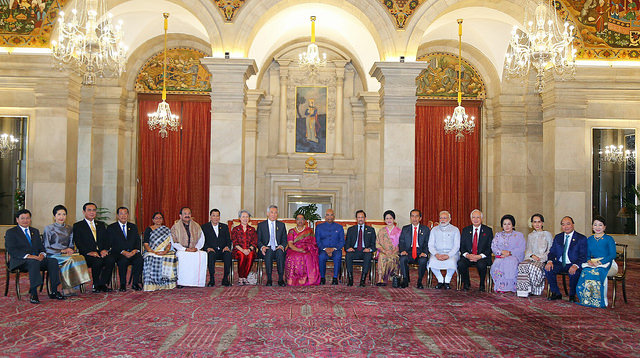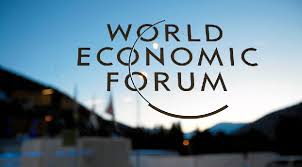
Swaraj to showcase India’s soft power, economic growth at Saudi festival
Days after Prime Minister Narendra Modi showcased the India growth story at the gathering of the global elite in Davos, India’s External Affairs Minister Sushma Swaraj heads to Saudi Arabia to inaugurate the popular festival of Janadriyah, which will put the spotlight on the country’s soft power and economic prowess. The February 6-8 visit by Swaraj will mark the first high-level visit after Mr Modi’s visit to the Gulf kingdom in 2016 and comes ahead of his three-nation tour of Palestine, the UAE and Oman. Organized annually since 1985 by the National Guard, Janadriyah is a cultural and heritage festival that draws more than one million visitors every year. This year India is the “Guest of Honour country” at the 18-day festival.
Read More








